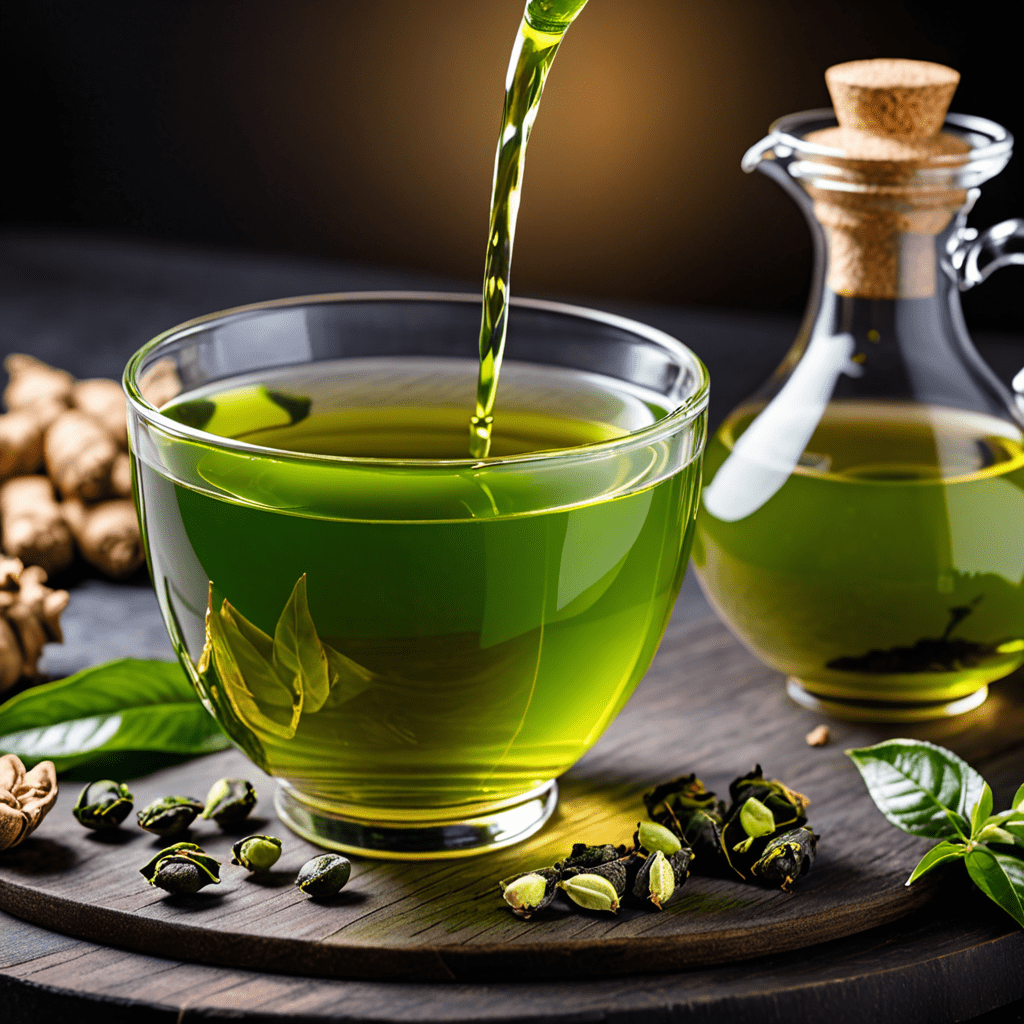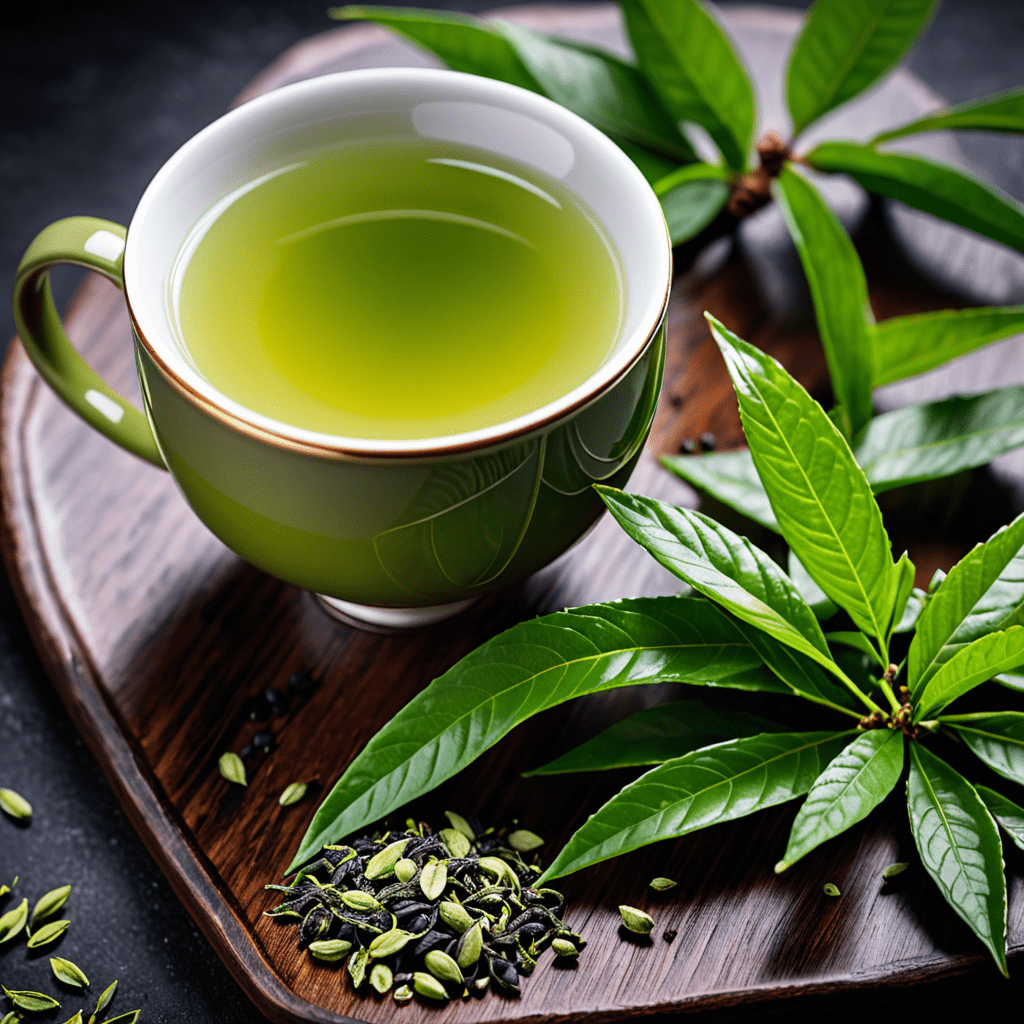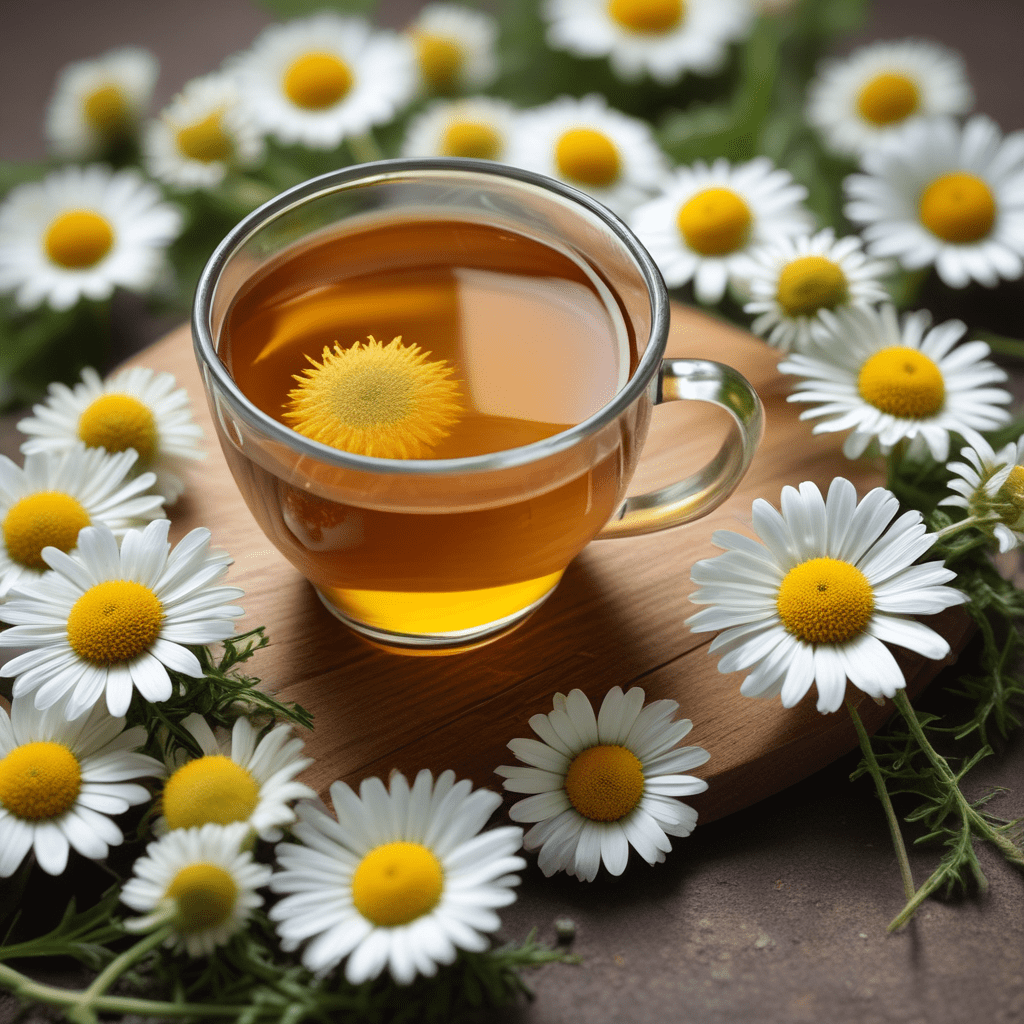Historical Origins of Ceylon Tea Ceremonies
The origins of Ceylon tea ceremonies can be traced back to ancient times when tea was introduced to Sri Lanka (formerly Ceylon) by Buddhist monks. Tea quickly became an integral part of Sri Lankan culture and played a significant role in religious rituals and social gatherings. Over time, tea ceremonies evolved into a refined and elaborate practice that embodies the island's rich history and traditions.
The Ritualistic Nature of Tea Ceremonies
Ceylon tea ceremonies are characterized by their ritualistic nature. Each step, from the preparation of the tea to its serving, is steeped in symbolism and meaning. The ceremony typically begins with the purification of the teaware, which symbolizes the cleansing of the mind and body. The tea leaves are then carefully measured and steeped in hot water for a specific amount of time, allowing the flavors and aromas to fully develop.
Symbolism and Spirituality in Tea Ceremonies
Tea ceremonies in Ceylon hold deep spiritual significance. The act of preparing and consuming tea is seen as a meditative practice that promotes inner peace and harmony. The tea itself is often considered a sacred offering, and the ceremony is a way of expressing gratitude and respect to nature. The teaware used in the ceremony also has symbolic meanings, with each piece representing different aspects of the human experience.
Preparation and Serving Methods
The preparation and serving of tea in Ceylon ceremonies follows strict protocols. The tea leaves are traditionally ground into a fine powder using a mortar and pestle. The powdered tea is then whisked with hot water in a shallow bowl called a "horakaduwa" until a frothy consistency is achieved. The resulting tea concoction is then poured into small cups and served to guests.
Variations in Tea Ceremonies Across Regions
Ceylon tea ceremonies vary slightly across different regions of Sri Lanka. In some areas, the tea is sweetened with honey or jaggery, while in others, it is served plain. The type of tea used may also vary, with some ceremonies using green tea leaves and others using black tea leaves.
The Influence of Colonialism on Tea Ceremonies
The arrival of European colonizers in Sri Lanka had a significant impact on tea ceremonies. The British introduced new tea varieties and processing methods, which influenced the way tea was prepared and consumed. The colonial period also saw the development of large-scale tea plantations, which led to the increased availability of tea and a decline in the traditional home-grown tea ceremonies.
Modern Adaptations and Innovations
In recent years, Ceylon tea ceremonies have undergone a revival and modernization. While traditional practices are still observed, there have been some innovations and adaptations to make the ceremonies more accessible and appealing to a wider audience. For example, some tea ceremonies now incorporate modern tea brewing techniques and use a variety of tea blends to cater to different tastes.
The Cultural Legacy of Ceylon Tea Ceremonies
Ceylon tea ceremonies are a living testament to the rich cultural heritage of Sri Lanka. They embody the island's traditions, spirituality, and love for tea. The ceremonies continue to be practiced today, both in Sri Lanka and around the world, serving as a reminder of the enduring legacy of Ceylon tea.
Frequently Asked Questions (FAQs)
Q: What is the significance of the teaware used in Ceylon tea ceremonies?
A: The teaware used in Ceylon tea ceremonies holds symbolic meanings. Each piece represents different aspects of the human experience, such as the cycle of life and the interconnectedness of all things.
Q: How long does a traditional Ceylon tea ceremony typically last?
A: The duration of a traditional Ceylon tea ceremony can vary depending on the region and the number of participants. However, it typically lasts for several hours, allowing ample time for the preparation, serving, and enjoyment of tea.
Q: Can Ceylon tea ceremonies be performed at home?
A: Yes, it is possible to perform a simplified version of a Ceylon tea ceremony at home. While traditional ceremonies require specialized teaware and strict protocols, home ceremonies can be adapted to suit individual preferences and resources.
Q: What are the health benefits of Ceylon tea?
A: Ceylon tea is known for its numerous health benefits, including its antioxidant properties, potential to improve heart health, and its ability to boost the immune system. It is also a good source of caffeine, which can provide a gentle energy boost.


